The United States is home to people from all over the world. According to a Pew Poll, there are more than 62 million Latino or Hispanic Americans living in the country – 18.9% of the total U.S. population.
Latino Americans have made the U.S. their home, serving in the armed forces, becoming police officers, firefighters, nurses, teachers and members of every profession imaginable. But Latino involvement does not stop there – there are many Latinos who have also spoken up to defend the rights of all Americans, including freedom of speech.
With that focus, here are 5 times Latino Americans spoke up to support free speech.
1. Daniel Di Martino fled his home of Venezuela for the United States and is now pursuing a Ph.D. in economics at Columbia University. His experiences in Venezuela have helped shape his view of free speech – the idea that the government can control information reminds him of the tyrannical government of Venezuela that he fought hard to escape.
“The United States has a perfectly healthy democracy that we need to keep that way, especially with free speech. If we start censoring, if we start, as you know either in social media or on TV, then we won’t be able to have the discourses that we need.”
Daniel Di Martino
2. Ana Navarro is a Nicaraguan-American news host who is often giving her opinions on tv show The View. Yet, while a free speech proponent, Navarro reminds us of the importance of accountability and responsibility that inevitably comes with free expression. Free speech is a powerful tool because it allows people to speak truth to power – but with great power comes great responsibility.
“Free speech is a double-sided coin. Free speech means we are free to say what we wish. Free speech means others are free to hold us accountable, and express how they feel about it. Free speech does not mean we are free from the consequences.”
Ana Violeta Navarro-Cárdenas
3. Gabriel Nadales is a free speech activist, and also the National Director for Our America. As a former Antifa activist, Gabriel understands that even unpopular speech can help the country grow by challenging people to question their own biases and positions, just like he did when he left the “Antifacist” movement. It is only through challenging oneself that one can truly grow.
“True free-speech warriors aren’t popular because they are willing to defend unpopular speech…But unpopular speech is what makes the country grow, because unpopular opinions are either one day adopted as the norm or they help society by challenging its assumptions, so people can better defend their values.”
Gabriel Nadales
4. The idea that one can be arrested for speaking up may seem foreign to many Americans, but not to Maria Fernanda Bello. Like Daniel Di Martino, she is a Venezuelan immigrant who came to the United States in search of freedom. Speaking up against the government can have dire consequences. But thankfully, the United States protects everyone’s right to speak freely.
“I never knew what freedom was like until I came to the United States. Being able to say what I think, I could have never done that in Venezuela. I would have gotten arrested.”
Maria Fernanda Bello
5. Daniel Garza is the president of the LIBRE initiative, an organization dedicated to promoting liberty throughout Hispanic-American communities. Garza makes the argument for free speech by tackling the argument of misinformation. He says that if free speech is allowed, misinformation may quickly spread. But Americans should not allow the government to censor even that, for censorship of misinformation can quickly spread into censorship of the truth.
“Freedom is messy. Bad ideas and false rumors online can have real-world effects. But censorship is worse, as anyone who has ever lived under it can tell you. In the real world, the only solution to bad speech is more speech – not less.”
Daniel Garza
Latinos have made significant contributions to American society by promoting and defending free speech, and their contributions will only grow as more Latinos embrace the American tradition of freedom of speech. The perspectives of these five Latino activists remind us of the value of open discourse, accountability, and responsibility, and why we must continue to defend this fundamental right for all Americans.
